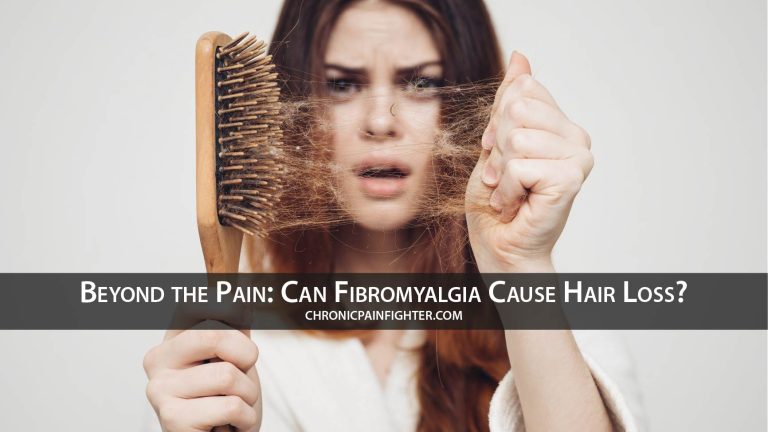Fibromyalgia, a chronic condition causing widespread pain, fatigue, and other symptoms, affects millions worldwide. One common concern among individuals with fibromyalgia is whether the condition can lead to hair loss. While research on the direct link between fibromyalgia and hair loss is ongoing, several factors suggest a possible connection.
Understanding the Potential Link
Hair loss, medically known as alopecia, can occur due to various reasons, including hormonal changes, nutritional deficiencies, stress, and certain medical conditions. While fibromyalgia itself doesn’t directly cause hair loss, several factors associated with the condition can contribute to it.
Stress and Hair Loss
Fibromyalgia is often accompanied by chronic pain and fatigue, leading to significant stress. Stress is a well-known trigger for hair loss, as it can disrupt the hair growth cycle, causing telogen effluvium, a type of shedding where hair enters the resting phase prematurely.
Nutritional Deficiencies and Hair Loss
Individuals with fibromyalgia may experience difficulties absorbing nutrients due to digestive issues or changes in appetite. Essential nutrients like iron, zinc, and biotin are vital for healthy hair growth. Deficiencies in these nutrients can contribute to hair loss.
Medications and Hair Loss
Some medications prescribed for fibromyalgia, like antidepressants, can have hair loss as a side effect. It’s crucial to discuss any potential side effects with your doctor and explore alternative treatment options if necessary.
Other Factors Contributing to Hair Loss
Hormonal Imbalances: Fibromyalgia can be linked to hormonal imbalances, and fluctuating hormones can affect hair growth.
Sleep Disruptions: Fibromyalgia often causes sleep problems, and chronic sleep deprivation can disrupt the body’s natural hair growth cycle.
Autoimmune Disorders: Fibromyalgia is often associated with other autoimmune disorders, some of which can cause hair loss.
Diagnosing and Treating Hair Loss
If you’re experiencing hair loss and have fibromyalgia, it’s essential to consult a doctor for proper diagnosis. They can determine the underlying cause of hair loss and recommend appropriate treatment options. Treatment may involve addressing nutritional deficiencies, managing stress, adjusting medications, or exploring therapies like low-level laser therapy.
Coping with Hair Loss
Hair loss can be emotionally distressing, and it’s crucial to cope with the situation effectively.
Seek Support: Sharing your concerns with family, friends, or support groups can provide emotional support and understanding.
Explore Hair Loss Solutions: There are various hair loss solutions available, including wigs, hairpieces, and scalp micro pigmentation.
Focus on Self-Care: Engage in activities that promote relaxation and well-being, such as yoga, meditation, or spending time in nature.
Conclusion
While the direct link between fibromyalgia and hair loss is not definitively established, several factors associated with the condition can contribute to it. If you’re experiencing hair loss and have fibromyalgia, seeking medical advice is crucial. By addressing the underlying causes, managing stress, and engaging in self-care, you can effectively cope with hair loss and improve your overall well-being.






